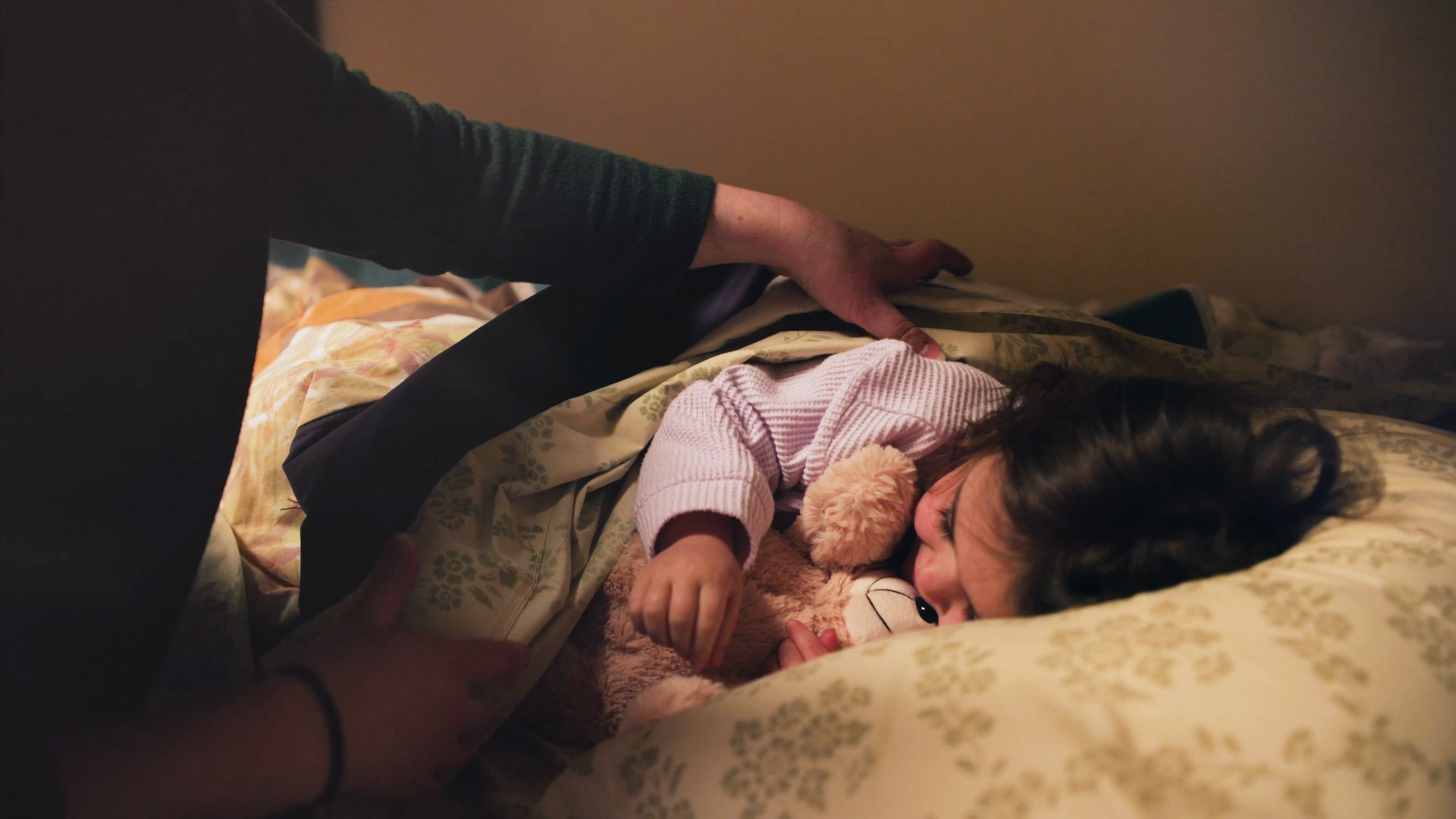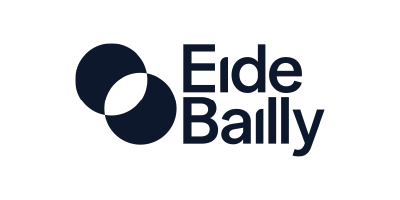YWCA Cass Clay is dedicated to eliminating racism, empowering women and promoting peace, justice, freedom and dignity for all.
What We Do
YWCA Cass Clay is on a mission—to be a place for women and children to turn as they escape violence and homelessness. Through our empowerment services, we walk alongside women and families as they heal and transform their lives. Each woman who arrives at our doors is met with safety, warmth, and hope.
-

Emergency Shelter
24 hours a day, YWCA Emergency Shelter provides food, clothing, hygiene supplies, and safety for women and children escaping violence or homelessness.
-

Supportive Housing
With a safe place to call home and support from YWCA advocates, women and families rebuild lives free from violence with YWCA’s Supportive Housing.
-

Supportive Services
At YWCA, women and families find support through education and employment services, childcare, health services, transportation assistance, and more.
-

Racial Justice
In our mission to eliminate racism, YWCA and the Racial Justice Committee create opportunities for conversations that foster a diverse and unified community.

See Our 2024 Impact
1,238 individuals were sheltered for 24,076 days.
351 individuals were housed for 80,648 days.
I Need Help
If you or someone you know is being abused, experiencing homelessness, or is in crisis, contact YWCA Cass Clay. Call (701) 232-3449 or fill out the YWCA Help Form for 24-hour assistance.
I Want to Help
The support of our generous community makes our work possible! When you donate, volunteer, host a drive, or partner with YWCA Cass Clay, YOU change lives.

Support our Mission
When you give to YWCA, you help families build brighter futures. Your generosity provides safety and support and empowers women in our community.
$35
provides a dignity kit of essential hygiene items
$75
provides one night of shelter and security at YWCA
$150
brings hope to women and children arriving at YWCA
$
Your gift of any amount changes lives at YWCA


































